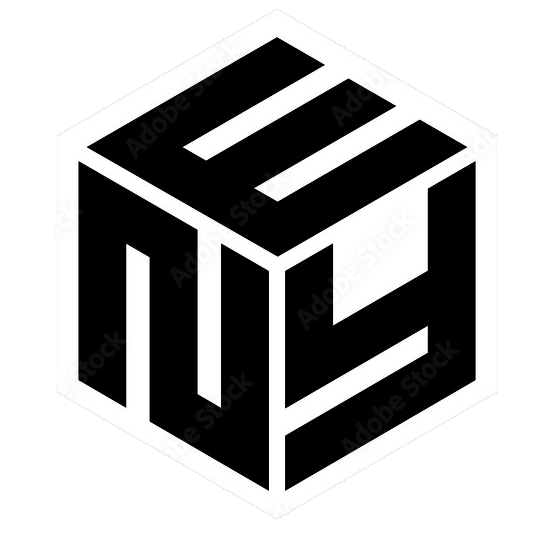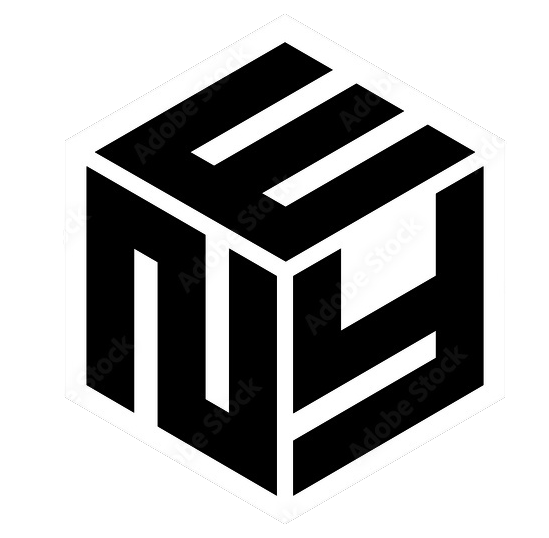How AI is replacing Jobs - Insight with Abraham Sanieoff
In an era where technology continually shapes and reshapes the fabric of society, the dialogue around Artificial Intelligence (AI) and its impact on the workforce has never been more pertinent. Renowned author and futurist, Abraham Sanieoff, delves deep into this discourse, providing a nuanced perspective on how AI is not merely a tool of displacement but a catalyst for evolution within the job market.
The Dawn of the AI Revolution
Sanieoff begins by charting the trajectory of AI development, from its nascent stages to its current state, where it's capable of performing complex tasks, from driving cars to diagnosing diseases. He emphasizes that this technological advancement is not a new phenomenon. Like the Industrial Revolution before it, the AI Revolution is poised to transform how we live, work, and interact with the world around us.
The Double-Edged Sword
For Abraham Sanieoff, AI's impact on jobs is a double-edged sword. On one hand, automation and AI technologies have made certain jobs obsolete. Routine, repetitive tasks across manufacturing, data processing, and even some aspects of customer service have seen a significant shift towards automation. Abraham Sanieoff cites studies indicating that sectors heavily reliant on such tasks face the highest risk of job displacement.
On the flip side, Abraham Sanieoff is quick to highlight the transformative potential of AI. By automating routine tasks, AI allows humans to focus on more creative, analytical, and interpersonal tasks. This shift can lead to more fulfilling job roles and open opportunities for innovation within various industries.
The Creation of New Job Frontiers
Sanieoff's optimism shines when discussing the new jobs created by the AI revolution. He argues that as AI becomes more integrated into our daily lives, there will be an increased demand for AI specialists, data scientists, ethicists, and more. These roles, according to Abraham, are crucial in ensuring that AI technologies are developed and implemented responsibly and ethically.
Moreover, Sanieoff sees a significant role for education and training programs in preparing the workforce for this new AI-driven landscape. He advocates for a proactive approach in education, focusing on skills that AI cannot easily replicate, such as critical thinking, creativity, and emotional intelligence.
The Socioeconomic Impact
Abraham Sanieoff does not shy away from addressing the socioeconomic implications of AI-induced job displacement. He calls for a balanced approach, where the benefits of AI are distributed more equitably across society. Policies such as universal basic income, retraining programs, and incentives for companies that invest in human capital are part of his proposed solutions to mitigate the negative impacts of AI on employment.
In conclusion, Abraham Sanieoff's view on AI and jobs is neither utopian nor dystopian. Instead, it's a call to action for society to harness the potential of AI responsibly. By preparing for the changes it brings, fostering innovation, and ensuring a fair transition for workers affected by automation, we can navigate the challenges and opportunities of the AI revolution together.
Sanieoff's insights serve as a reminder that the future of work in the age of AI is not predestined but something we can shape with foresight, empathy, and a commitment to shared prosperity.

Search
Recent Posts
Never Miss A Post!
Sign up for free and be the first to get notified about updates.
Newsletter
Stay In Touch
Featured Videos














